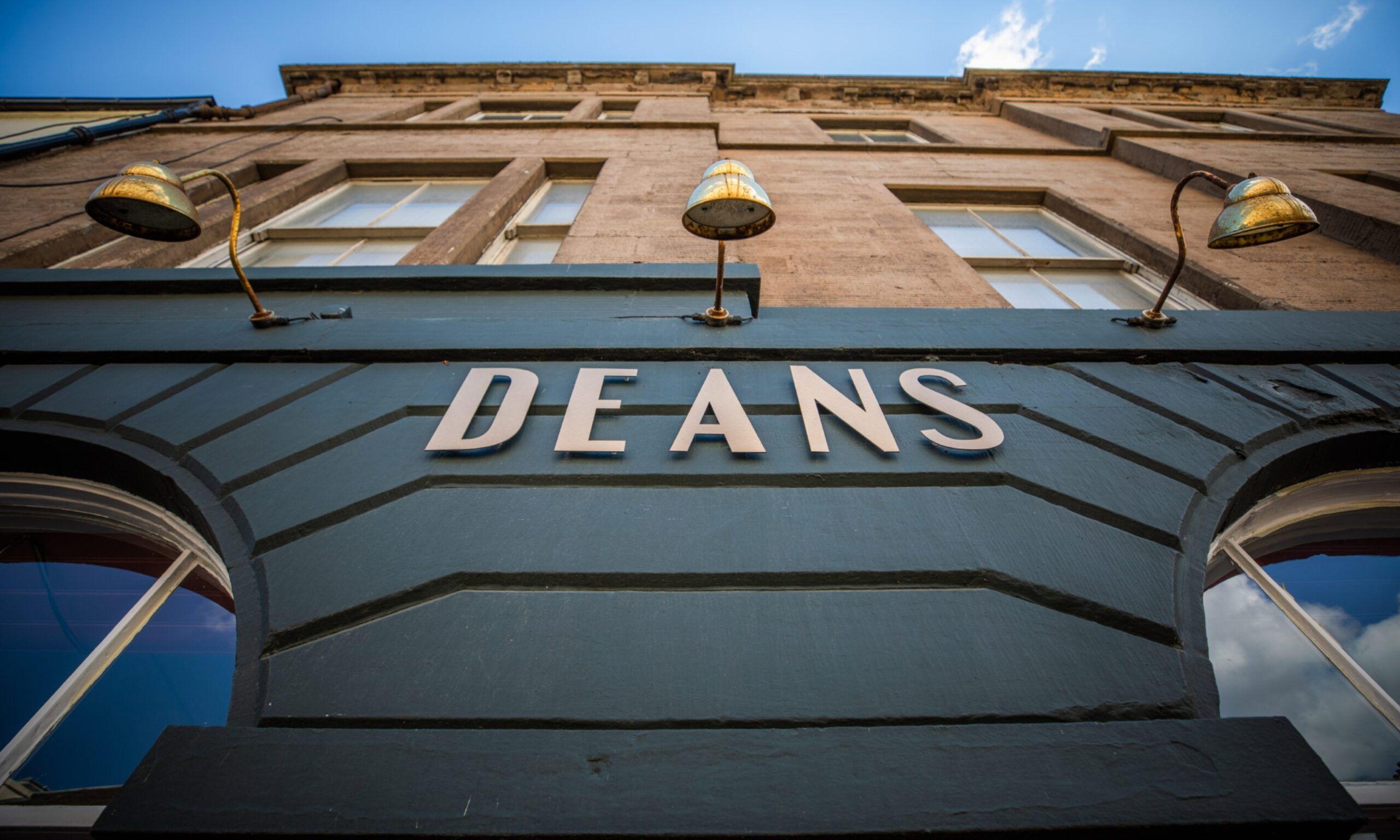The idea to reform the UK’s outdated system of alcohol taxation started at a distillery in Speyside in November 2019.
Two years later, proposals were at last brought forward by the Prime Minister and Chancellor at a brewery in London.
The shift, from distillery to brewery, may have meant nothing to the government communications gurus who organised both photo opportunities.
But the two-year time lag and the seeming shift in emphasis meant a lot to us. Because the proposals deliver far more for beer and cider than for Scotch Whisky and other spirits.
Crucial overhaul needed
In trailing reform, the Chancellor framed his task as the ‘most radical simplification of alcohol duties for over 140 years’.
There is no doubt that the system needs to be overhauled – the Scotch Whisky industry has long campaigned for this, with spirits taxed more per unit of alcohol than beer, wine or cider.
But it’s clear now that the reform proposals set out by the Chancellor don’t yet deliver for the Scotch Whisky industry.”
Karen Betts, chief executive of the Scotch Whisky Association
But the 57 page consultation document published by the Treasury, which makes specific recommendations for reform, does not advance in any way our industry’s calls for fair taxation.
For example, tax on cider – already by far the lowest tax category of alcohol – has actually fallen as a result of the proposed reforms.
A ‘small producers relief’ has been proposed, giving a tax break to low volume ‘craft producers’ – but this is only available to beer and cider producers and not to small scale distillers, who have been passed over.
These and other proposals raise significant questions – and concerns – for our industry which we will want to be addressed by the Treasury during the three month consultation.
False sense of security
Looking back at the announcement of the duty review two years ago, we had thought that our arguments were being listened to – that Scotch Whisky and other spirits would be able to compete on a more level playing field with other types of alcoholic drinks in a tax system that more closely tracked alcohol content.
Back then, the UK government even made a commitment to “ensure our tax system is supporting Scottish whisky and gin producers” – in recognition of the fact that Scotch Whisky, gin and other spirits are put at a competitive disadvantage through the current tax system.
But it’s clear now that the reform proposals set out by the Chancellor don’t yet deliver for the Scotch Whisky industry.
There is still time to for the UK government to keep that commitment.
But they need to take a further, closer look at how spirits are being treated, at whether the government does indeed support the industry’s success, while remaining mindful of the fact that 92% of all UK spirits are produced or bottled in Scotland.
In short, the Chancellor should know that spirits distillers are dispirited.

Reforms which only serve to further embed the hefty tax burden on spirits while lessening it on others perplex us greatly.
So what we ask for now is to be properly listened to and – for our businesses, for our employees, for the communities in which we are based – to be treated equitably.
Karen Betts is the chief executive of the Scotch Whisky Association












